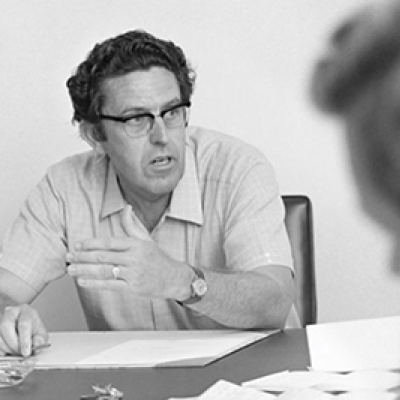Refine results
-
14 December 2012Book page
5 Focused age assessment interviews
Focused age assessment interviews can be a useful technique for assessing age. Interviews of this kind have been used in Australia in a range of different ways since late 2010. -
14 December 2012Book page
Community arrangements -asylum seekers, refugees and stateless persons
This year marks the twentieth anniversary of Australia’s introduction of mandatory immigration detention and the eighteenth anniversary of the system of mandatory, indefinite immigration detention. In the current context, it is apt to recall that mandatory detention was introduced in reaction to the arrival of asylum seekers by boat, with concerns about a potential ‘influx’… -
30 July 2013Book page
9 Your right to choose where you live
You have the right to choose where you live. As you grow older, your housing needs may change. For example, you may become less independent, choose to downsize, or have a desire to live closer to family. Know your rights in each of these situations. This chapter provides information about the different housing options available in retirement. 9.1 Staying at home: finance options If you would… -
Legal14 December 2012Webpage
Inquiry into the effectiveness of the Sex Discrimination Act 1984 (Cth) in eliminating discrimination and promoting gender equality (2008)
(1) Support a two-stage inquiry process for the SDA, with some amendments made now to the existing law (Recommendations), and the rest completed within three (3) years (Options for Reform) -
Legal14 December 2012Webpage
Inquiry into the effectiveness of the Sex Discrimination Act 1984 (Cth) in eliminating discrimination and promoting gender equality (2008)
(1) Support a two-stage inquiry process for the SDA, with some amendments made now to the existing law (Recommendations), and the rest completed within three (3) years (Options for Reform) -
14 December 2012Book page
Same-Sex: Same Entitlements: Chapter 8
Same-sex couples are not eligible for a range of rebates and tax concessions available to opposite-sex couples. This means same-sex couples may end up paying more tax than opposite-sex couples because tax legislation does not recognise their relationship. -
Legal14 December 2012Webpage
Federal Discrimination Law 2005: Chapter 3: The Racial Discrimination Act
The RDA was the first Commonwealth unlawful discrimination statute to be enacted and is different in a number of ways from the subsequent SDA, DDA and ADA. This is because it is based to a large extent on, and takes important parts of its statutory language from, the International Convention on the Elimination of all Forms of Racial Discrimination ('ICERD').1 -
15 July 2014Book page
Chapter 1: How far have we come? Looking back on 20 years of the Social Justice Commissioner role
1.1 Introduction This year marks 20 years since the establishment of the Aboriginal and Torres Strait Islander Social Justice Commissioner (Social Justice Commissioner) role under the Australian Human Rights Commission Act 1986 (Cth). When I first started in this position I was asked if any of the previous Commissioners had left any words or notes of advice. I answered them ‘no, but they all… -
Commission – General23 November 2020Webpage
Common questions about Covid-19
The Australian Human Rights Commission works to help safeguard the human rights of all people in our community. -
Sex Discrimination5 July 2019Webpage
National Inquiry into Sexual Harassment in Australian Workplaces - Submissions to the National Inquiry
Explore the Australian Human Rights Commission’s inquiry into workplace sexual harassment and contribute to a safer, equitable work environment. -
Race Discrimination8 November 2016Project

Kep Enderby Memorial Lecture Series
The Australian Human Rights Commission has established the Kep Enderby Memorial Lecture to honour the memory of the Hon. Kep Enderby QC (1926-2015), who as Attorney-General introduced the Racial Discrimination Bill in the House of Representatives on 13 February 1975. -
Rights and Freedoms3 March 2023Speech
'Reflections on women’s rights – past, present and future’
This presentation draws together reflections on women’s rights from the campaigns by the suffragists and suffragettes of the late 19th century and a consideration on how far we have come in realisation of women’s rights.
